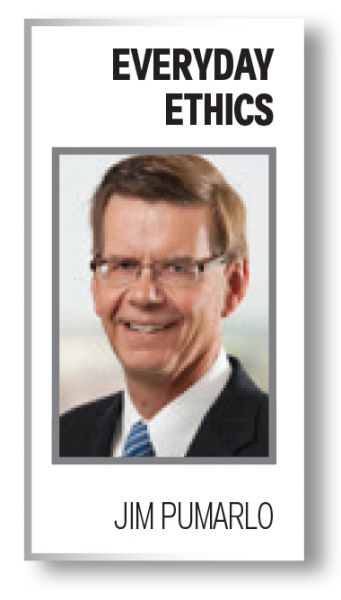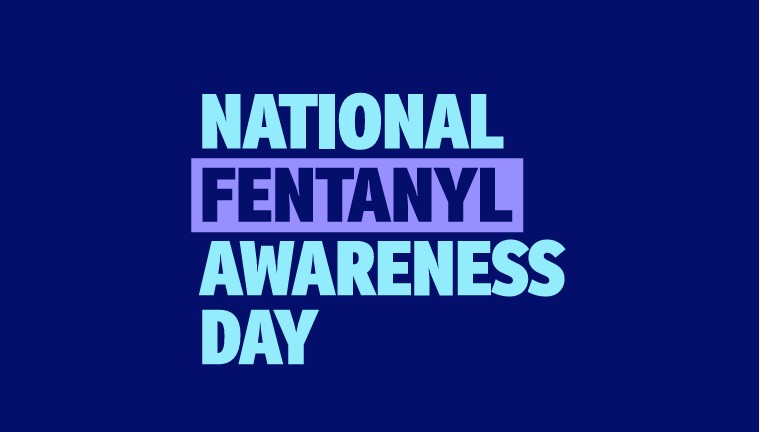Newspapers excel as your collective ‘eyes and ears’
Jim Pumarlo
Mar 1, 2021


My days of sitting behind an editor’s desk have passed, but I’ll never lose my newspaper blood. I regularly enjoy my first cup of coffee while scanning newspaper websites. It’s a great way to keep current on what’s happening in communities.
Public affairs have always been a passion, so I pay particular attention when the broad arena of issues is addressed. The role of newspapers as watchdogs of the dynamics in both the public and private sectors bears underscoring during Sunshine Week, March 14-20, and its theme, “Your Right to Know.”
Some recent headlines:
From the Chanhassen (Minnesota) Villager: “Build, invest or tear down are all options for some District 112 elementary schools.”
From the Rochester (Minnesota) Post-Bulletin: “Court records show troubling past of Wabasha County administrator applicant.”
From the International Falls (Minnesota) Journal: “Campus officials talk gap years, hopes for fall enrollment.”
From the Duluth (Minnesota) News Tribune: “Do Duluth’s legislative priorities reflect the community’s?”
From the St. Cloud (Minnesota) Times: “What are local economists expecting in 2021?”
These headlines, although from Minnesota newspapers, are representative of the breadth of public affairs reports delivered regularly by newspapers.
Some stories are firsthand reports of meetings. Some reflect enterprise initiatives. Some are the result of digging beneath the initial set of facts. Some take the additional step of offering editorial perspective.
And they all are delivering news that is valuable but not always readily available to readers.
The examples reflect a personal philosophy. Community newspapers, at their best, are stewards of their communities. The news columns are a blend of stories that people like to read and stories they should read. The advertising columns promote and grow local commerce. And the editorial pages are a marketplace of ideas.
The news media landscape has never been more fractured. Newspapers have never been more challenged due to the economic impact of COVID-19.
Yet, the need for trained journalists to gather, deliver and interpret the news — the need for citizens’ “right to know” — is more important than ever as we navigate the effects of the coronavirus. I remain a firm believer that local newspapers have an advantage in today’s crowded media terrain by being the premier clearinghouse of information in your communities. They deliver the news on a range of platforms from print to digital.
The value of trained journalists in collecting and interpreting information is especially important within the context of local public affairs.
Citizens are increasingly challenged to keep abreast of actions of a city council, school board, county board or any of the numerous other local governing bodies.
Then they have to decipher what the decisions, singularly and collectively, mean in their personal and business lives.
You have an advocate in your community newspapers.
Make no mistake. Editors and reporters are challenged as well in gaining access to everyday sources during the pandemic. At the same time, they have the tools that others may lack.
Journalists have relationships with government officials and staffs.
Journalists have been trained in the routine. They know how to flesh out information that is not readily volunteered or available. They know who to contact. They know where to look. They know the questions to ask.
Bottom line: journalists are undeterred in their role as your community’s collective set of eyes and ears. They thrive on delivering the news; it’s their full-time job. Readers can rest assured that editors and reporters will continue to present a full menu of news during the ordinary and extraordinary times.
Sunshine Week is a great reminder that energized newspapers are at the foundation of energized communities.
Jim Pumarlo writes, speaks and provides training on community newsroom success strategies. He is author of “Journalism Primer: A Guide to Community News Coverage,” “Votes and Quotes: A Guide to Outstanding Election Coverage” and “Bad News and Good Judgment: A Guide to Reporting on Sensitive Issues in Small-Town Newspapers.” He can be reached at www.pumarlo.com and welcomes comments and questions at jim@pumarlo.com.










